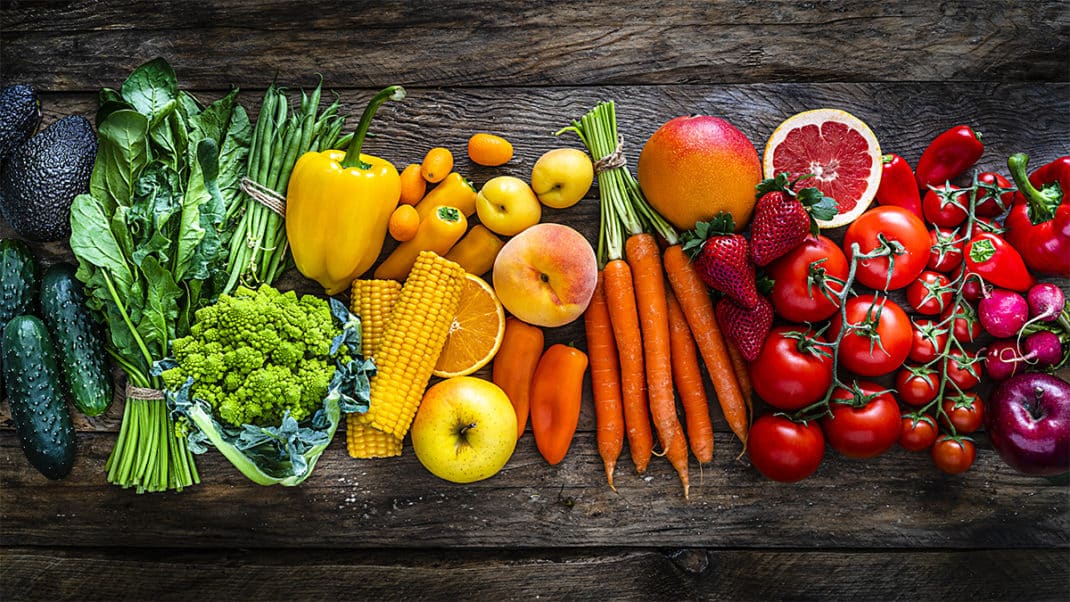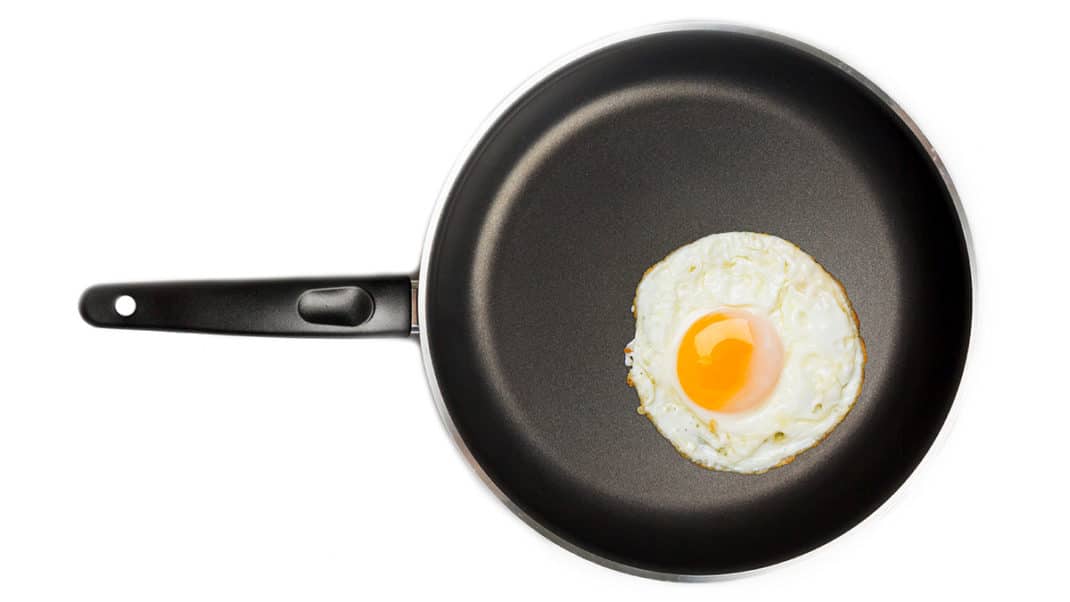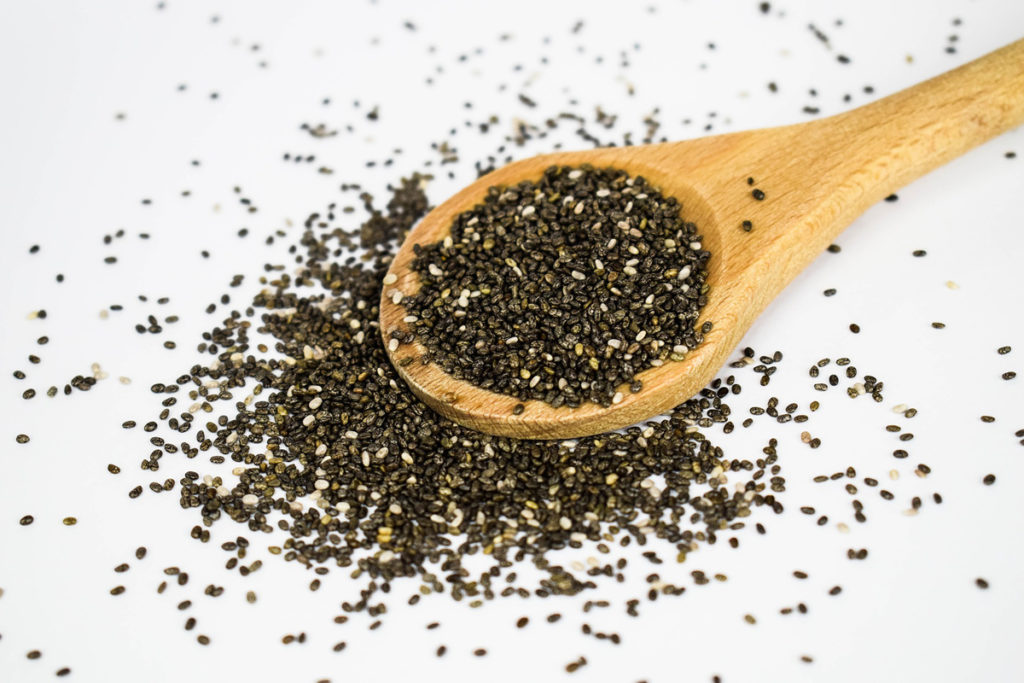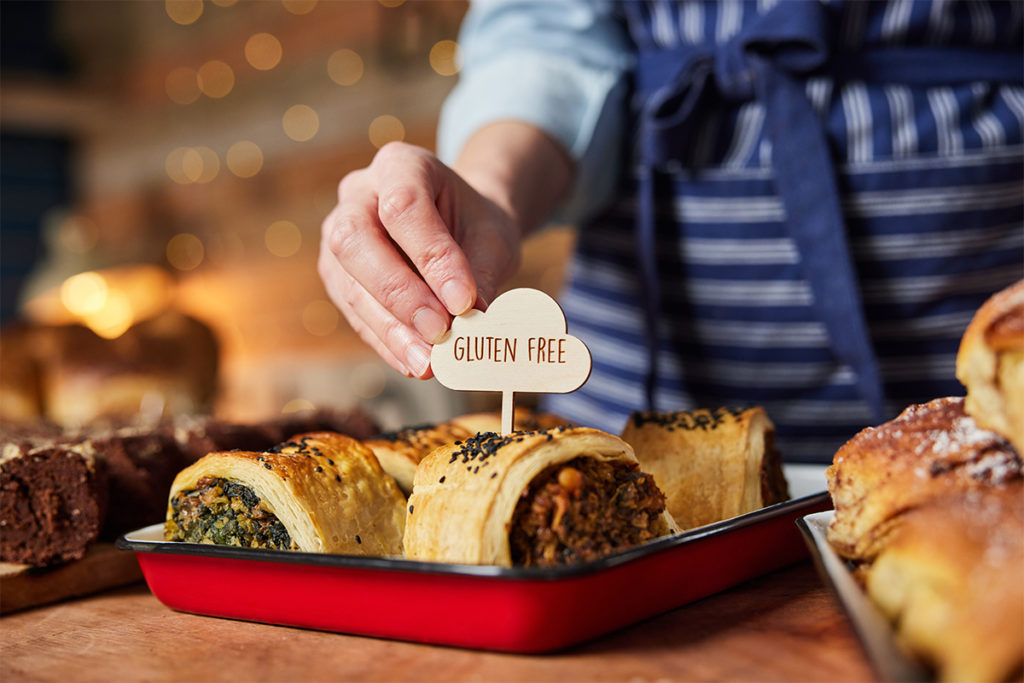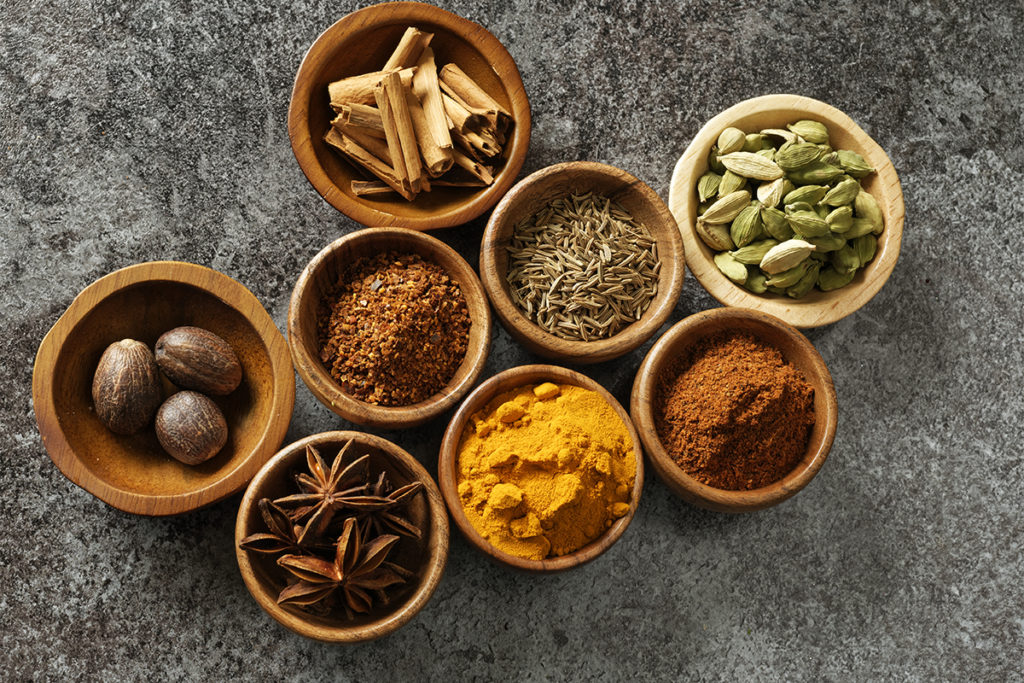The Dirty Dozen Fruits and Vegetables
Check out the fruits and veggies with the most chemical baggage.
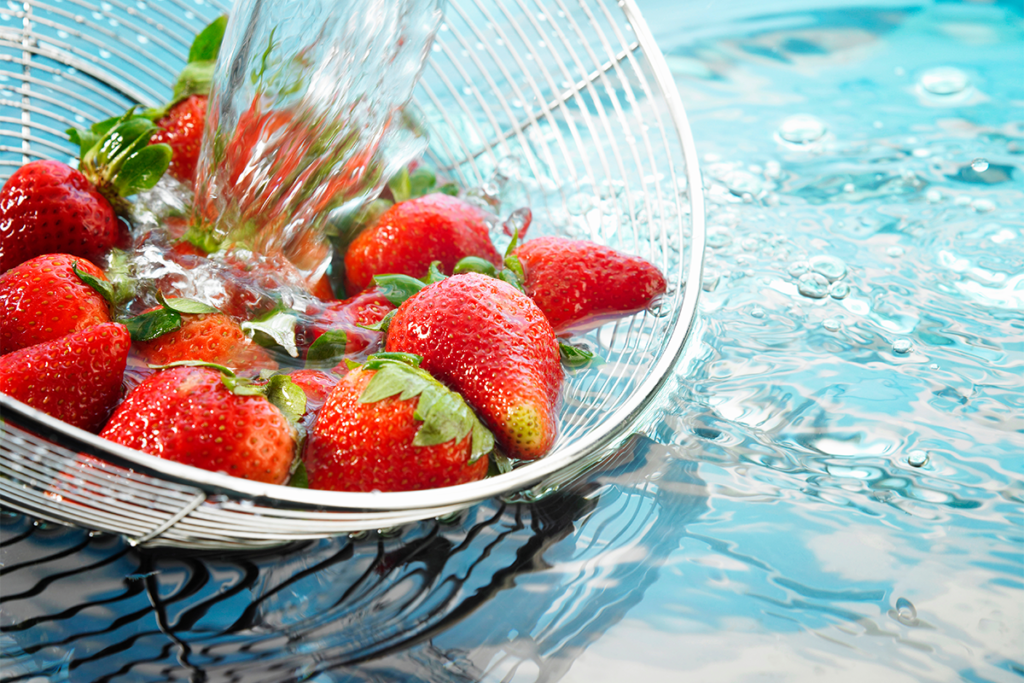
For the sixth year in a row, strawberries lead the Environmental Working Group’s Dirty Dozen™ report of fruits and veggies that contain the highest levels of leftover pesticides from crop spraying. Number two on the dirty-dozen list is spinach, followed by kale, collard and mustard; nectarines; apples; grapes; cherries; peaches; pears; bell and hot peppers; celery; and tomatoes.
This report does not say whether the levels detected on these items pose a health risk with typical consumption patterns, but those with access and financial means may want to opt for organic strawberries and kale. That goes especially for people in a higher-risk demographic, such as pregnant women. On the other hand, it’s generally believed that, for most people, eating nonorganic apples and grapes outweighs the risk of not eating these fruits at all.
The report also offers consumers a list of the Clean Fifteen™—foods with the lowest amounts of pesticides. Here they are:
The Clean Fifteen
avocado
sweet corn
pineapple
onions
papaya
frozen peas
eggplant
asparagus
broccoli
cabbage
kiwi
cauliflower
mushrooms
honeydew melon
cantaloupe
See also: Pesticides and Produce
Matthew Kadey, MS, RD
Matthew Kadey, MS, RD, is a James Beard Award–winning food journalist, dietitian and author of the cookbook Rocket Fuel: Power-Packed Food for Sport + Adventure (VeloPress 2016). He has written for dozens of magazines, including Runner’s World, Men’s Health, Shape, Men’s Fitness and Muscle and Fitness.

